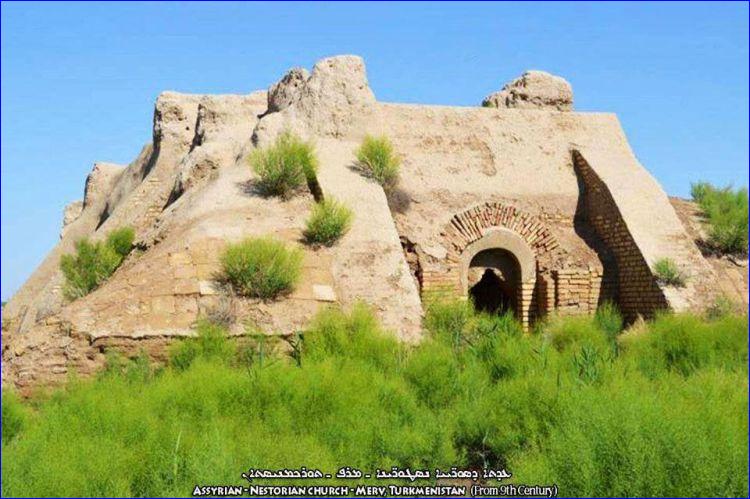


That expansion had vital implications for the languages in which the faith was transmitted and discussed. Although there is some controversial evidence of early Christian writing in Aramaic, virtually every surviving trace of the faith we have before the late second century is in Greek. Even Irenaeus, writing in Lyon, in Gaul, around 180, naturally wrote in Greek. Of course, Greek continued to be a primary medium of Christian writing long afterwards, but Hellenes suddenly found themselves in a polyglot world. Greek became one of a Big Four of languages, alongside Latin, Coptic and Syriac -- and not necessarily in that order of importance.
We know most about the Latin component because those texts were more likely to survive into medieval and modern times, and to be extensively studied in modern academic and Church settings. In the 190s, Tertullian become the first Christian writer in Latin, and indeed the founder of Christian thought in that language. Through direct quotation and influence, through oblique references and confused memories, Tertullian is the source of a huge amount of later Latin Patristic (and medieval) writing. He indicates some knowledge of a Latin Bible translation, but one probably made not from much before his time.
There were many milestones about this time, during a cultural and linguistic revolution. While Tertullian broke new paths in Latin, his contemporary Hippolytus (170-235) was the last western theologian whose works we know in Greek. In 189, meanwhile, Victor became the first Latin-speaking Pope.
Other languages became priceless vehicles for Christian thought, and for centuries they considerably outweighed Latin in importance. In Coptic, the first translations in the two main dialects both appeared precisely at the cusp of the late second and early third century.
But it was in Syriac that this period marks a singular breakthrough. Although the exact date is uncertain, the Syriac translation of the Scriptures (Peshitta) was probably available by 200, both Old and New Testaments.
Throughout the first millennium, Syriac Christians were immensely energetic and productive, but they often faced the dilemma of how to deal with the founding father of that tradition. This was Bardaisan (154-222), a wide-ranging genius and polymath who was enormously influential in many genres, including philosophy, astrology, theology, and history, and he was a pioneer what we might call comparative religion.
Bardaisan has a strong claim to rank as the founder of Christian hymnody, and of church music. In geographical terms, he worked in Syria and Mesopotamia, Babylonia and Armenia, and his account of Indian intellectual life was widely read. If Tertullian was the first Christian thinker that we know in Latin, then his near-exact contemporary Bardaisan was the first of any significance to write in Syriac.
Bardaisan was raised at the court of the Syrian kingdom of Osrhoene, and around 200, that land's king Abgar became the world's first ruler to accept Christianity. Arguably, the most dynamic Christian intellectual center in 200 was neither Rome nor Alexandria, but Edessa.
The problem with Bardaisan was that his views were characterized as Gnostic, although he undoubtedly saw himself just as firmly located in the Christian mainstream as did Tertullian, or any bishop of the time. Later generations, though, were not forgiving, and only a tiny fraction of his works survive intact, so that he largely dropped out of the mainstream historical record. By any reasonable reckoning, he must be counted among that stellar group of innovators around 200.
The church began to speak in many tongues.

or register to post a comment.